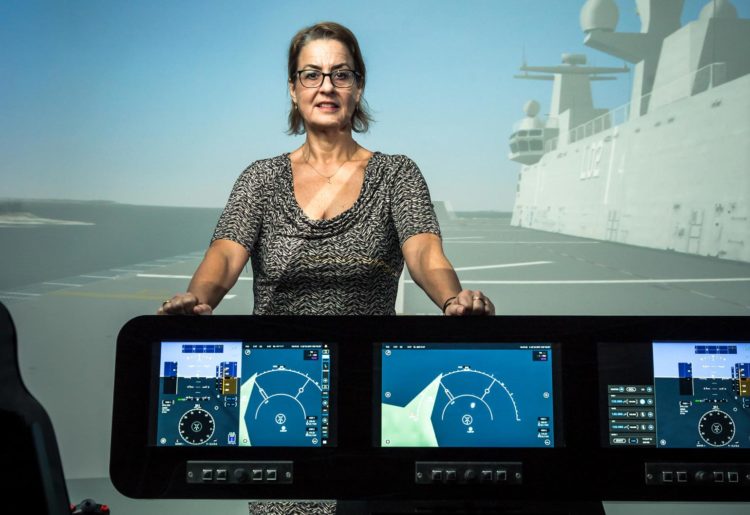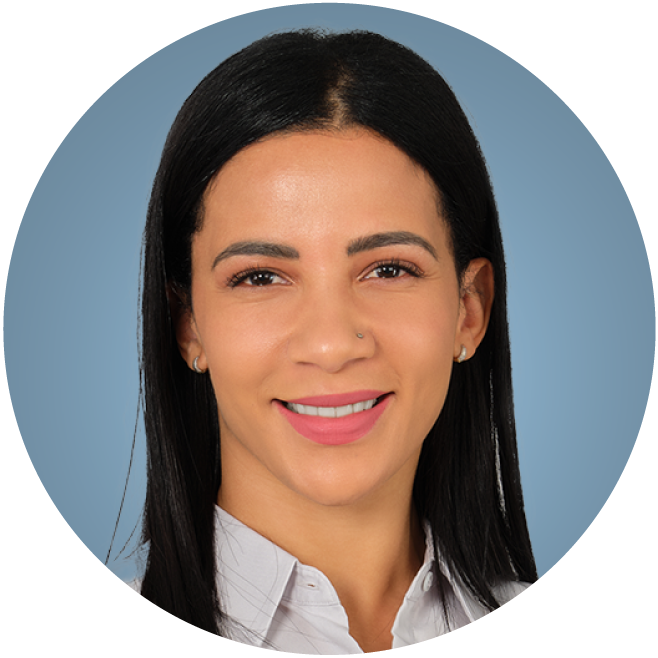Article sourced from Engineers Australia

Systems engineering has taken Kerry Lunney to a lot of places – and made her president of an international organisation.
Thales country engineering Director Kerry Lunney’s work has taken her from sectors as varied as software and transport to aerospace and defence. Her career today lies a long way from her beginnings in electrical engineering, and it’s all thanks to an opportunity that arose in the early 1990s.
“I was working for Rockwell Ship Systems Australia at the time and there was a vacancy in the systems engineering group,” she told create.
“I thought, why not give it a go?”
Flash forward 30 years, and Lunney is preparing to take up her position as President of INCOSE — the International Council on Systems Engineering. Her two-year presidency begins in 2020.
Systems engineering requires a transdisciplinary and integrative approach to develop, deliver and manage complex solutions and networks as a whole. It doesn’t depend solely on technical expertise so much as understanding how to make the most of the technical expertise from other disciplines.
“If you’re good at systems you can be placed in any industry or domain, provided you have access to the domain experts,” Lunney said.
“You’ve got to be a good communicator, and you’ve got to look at things at a big picture level … then give attention to details as appropriate as you develop the system.”
Around the time Lunney started working for Thales, 12 years ago, she decided to pursue Chartered status with Engineers Australia. She had returned to Australia after a long stint overseas, and wanted to re-establish her position in the profession locally.
“The Chartered status was a good way to show currency,” she said.
The qualification also boosted her career opportunities.
“At the decision level, including recognition at the technical authority level, it was considered desirable to have that,” she explains, pointing to her roles as Chief Systems Engineer and Technical Director as examples.
At the time, systems engineering was yet to be recognised as a discipline for Chartered status, and Lunney applied as an electrical engineer. She has seen the benefits nevertheless
“It shows proof of seniority that is independent of your employer,” she said.
“It is recognised across all of Australia — and internationally — so they know, at a certain level, you are legitimate, and that you are maintaining currency in your field.”
5 top tips for success
1. Everyone has to learn their craft.
2. Maintain currency and look to the future.
3. Work with a champion to help make it happen for you.
4. Emulate those inspirational traits of technical leaders you admire.
5. Don’t lose focus on whatever you need to do long term versus short term.







